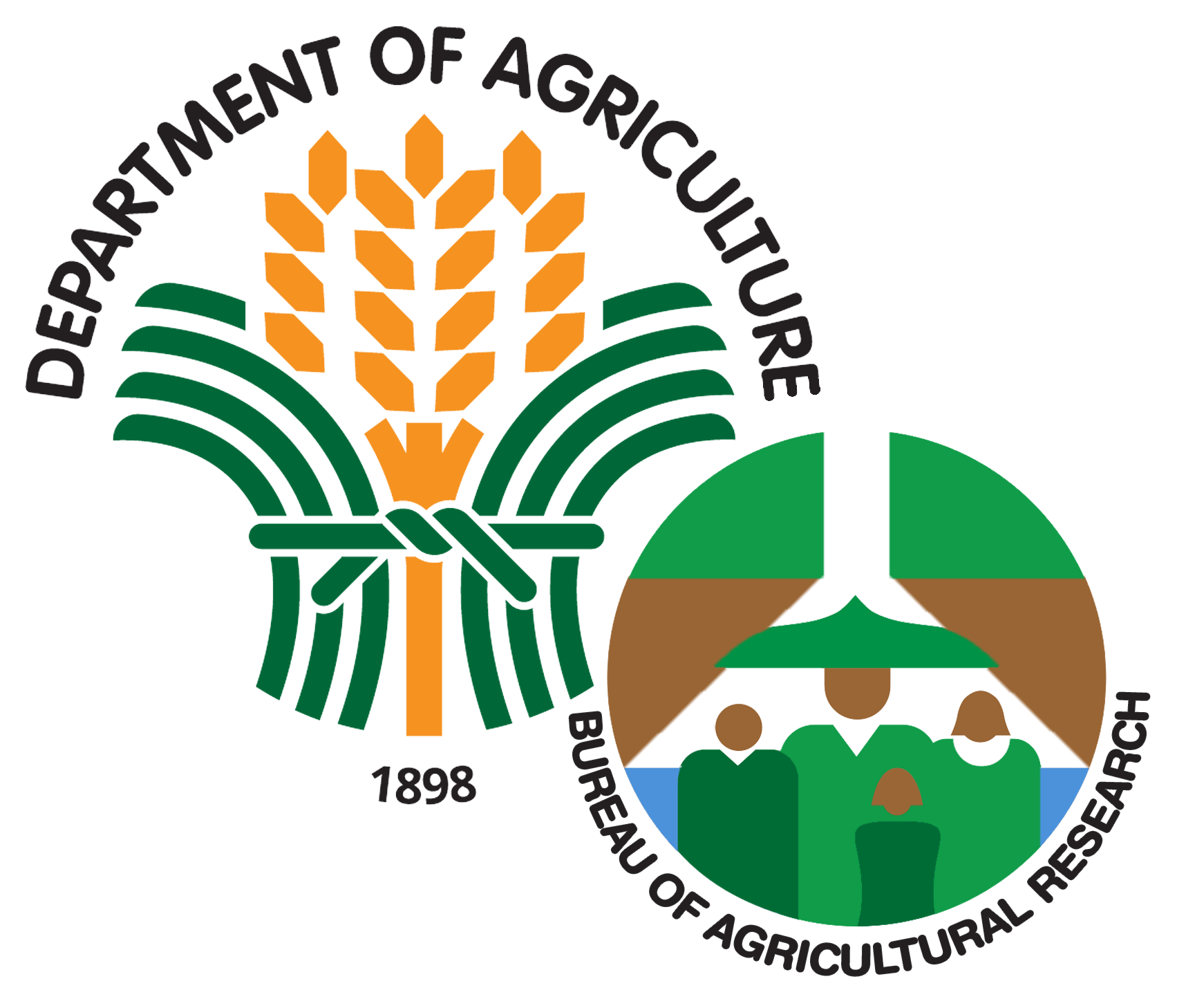"Maniwala at sundin nang maayos ang mga modernong pamamaraan sa agrikultura na natutunan mula sa ibinigay na pagsasanay, ito ay mahalaga na gawin na sana ay paniwalaan ng ibang magsasaka upang makita kung makatutulong nga ang mga bagong teknolohiya sa mga magsasaka. (Believing and diligently following the modern agricultural technological procedures learned from provided training are key to the success of the program that other farmers should also embrace to see if these new agricultural technologies will indeed help farmers.)" This sentiment was echoed by farmers interviewed during the field monitoring of the DA-Bureau of Agricultural Research’s (BAR) Sustainable Community-based Action R4DE for Livelihood Enhancement, Upliftment, and Prosperity (SCALE-UP) program in March 2024 in selected barangays of Plaridel and Atimonan in Quezon Province.
The SCALE-UP program aims to establish innovative and sustainable agriculture through enhanced soil rejuvenation, soil test-based nutrient management recommendations, and other approaches to enhance productivity and profitability. Quezon Province was selected as one of the pilot sites due to its high agricultural productivity and for its vast rainfed areas.
As such, to validate progress in achieving agricultural productivity goals through farmland rejuvenation, DA-BAR conducted progress review and field monitoring. Farmers accompanied the monitoring team to the program sites and shared their experiences and insights acquired from the training sessions. Key learnings highlighted by farmers included proper fertilizer application, appropriate cropping patterns, pest and disease identification and management, and correct planting distances. Positive feedback regarding the SCALE-UP program emphasized observed enhanced plant yield growth and anticipated increase in harvests.
Rice farmer Norberto S. Anda of the Samahan ng Magpapalay ng Tanauan said, “nagpapasalamat ako at nabibigyang pansin ang mga kagaya kong magsasaka at naturuan kami kung paano lumago ang ani at mga tamang paraan ng pagtatanim lalo na ang makabagong teknolohiya (I am thankful that farmers like me are being given attention and are being taught how to increase yield and the correct methods of planting, especially with modern technology).”
Some farmers highlighted how important it is for the program to work well by not dwelling on local problems but finding solutions, like dealing with scarcity of water, and closely following the farming procedures learned. Rice farmer Quirino V. Vicen, Jr. from the Lusong Farmers Association of Barangay Ilosong showed this dedication by actively searching for water sources no matter how far, and following all the farming steps wholeheartedly instead of just doing the easy steps.
Farmers also provided recommendations for program improvement, including the need for Information, Education, and Communication (IEC) materials featuring visuals of pests and diseases, along with recommendations on appropriate inputs and activities. Dr. Huelgas encouraged farmers to actively engage in documenting diseases and pests observed in their farms and share them through agreed designated communication channels.
Likewise, Local Government Unit (LGUs) partners expressed support for the project, with Atimonan Mayor Rustico Joven U. Mendoza welcoming the monitoring team and local farmers. Mayor Mendoza anticipated increased adoption of SCALE-UP approaches based on observed positive results and acknowledged the necessity of advanced farming technology for the municipality.
Atimonan Municipal Agriculturist Pedro B. Gariguez, Jr. and Plaridel Municipal Agriculturist Albert Saavedra demonstrated their support by attending farm visits and engaging with the monitoring team and farmers, as well.
OIC-assistant head of the DA-BAR Program Development Division and SCALE-UP Program lead focal Kris Thea Marie Hernandez, conducted an orientation session for farmers and LGU partners, emphasizing the objectives of the SCALE-UP program and outlining upcoming activities, such as the distribution of soil cards and the creation of soil maps.
Emphasis was placed on understanding soil health and nutrient status as the basis for fertilizer and technology recommendations, utilizing soil health cards and maps to identify suitable and ideal amounts of nutrient and farm practices, thereby minimizing excessive fertilizer application, reducing production costs, and increasing yields.
DA-BAR and DA-CALABARZON committed to providing further support to farmers through continued provision of technical assistance, training, capacity building activities, and appropriate IEC materials.


